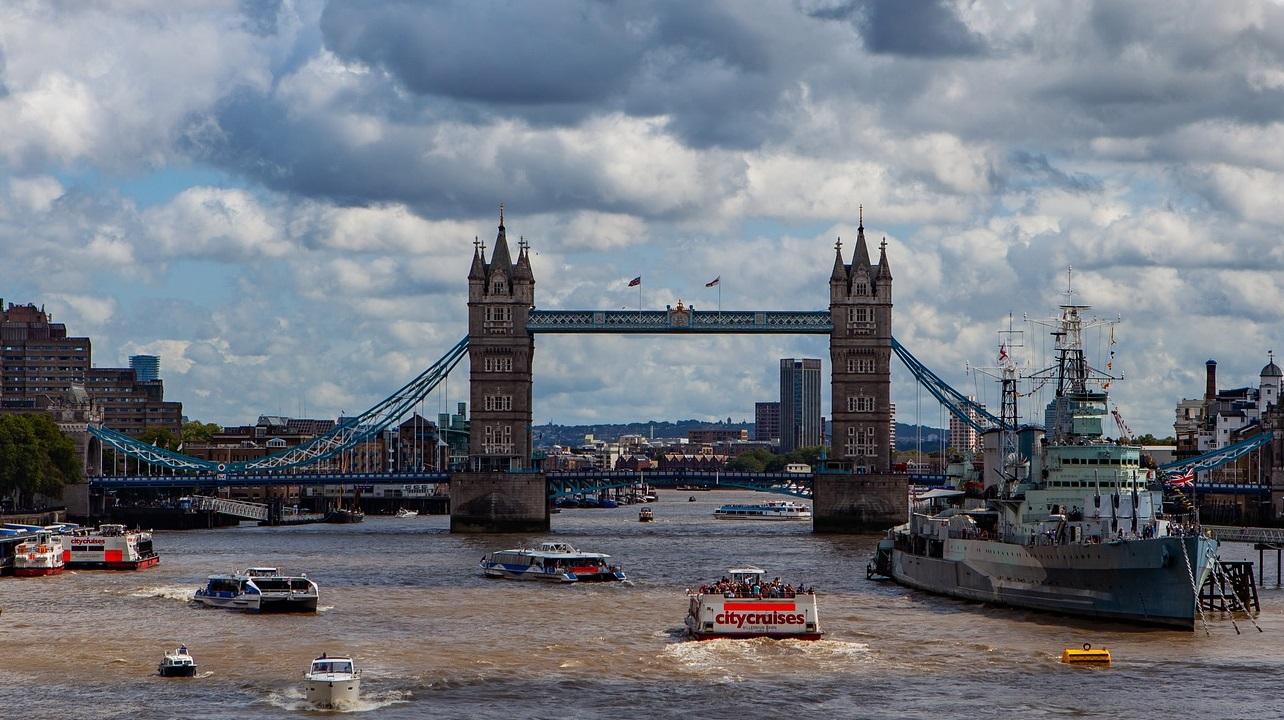Ports, cities and Brexit

Just over a month to go. Britain voted to leave in a gambling referendum and deadline for Britain exiting EU is closing in. Prime Minister May tried her best to negotiate a good-enough deal to be approved by both EU and the People of UK. Didn’t work. Now, new prime minister Boris Johnson has adopted an aggressive, almost Trump-like strategy on the Brexit matter and is ready to play dirty to get Britain off the EU by the deadline end of October. Latest demonstration against Johnson’s stance was showcased by his work and pensions secretary Amber Rudd, who resigned from her post, calling out the “assault on decency and democracy” [1].
Brexit has been a tough sell in the UK and many liberals in London and Scotland voted to stay. Country is divided on the one of the biggest decisions the island nation has faced in this millennium. This in turn has led to delayed process on negotiating the divorce deal which then has increased uncertainty on the future – the worst thing for businesses and investment.
Industries and businesses in the UK have evolved greatly from the 1700’s: banking and start-up scene are booming in London. One thing remains the same: shipping. London is still the capital of world maritime trade. Lloyds List, the weekly shipping journal published continuously since the 1734. London has always been all about shipping and known for its “centre of excellence for shipping”. Best talents for insurance, brokerage and banking. Of course there have always been options – in good market and shortage of ships any broker can find cargo, or get a loan for a newbuild. But shipping is cyclical. When bad times come (and the always do) London has been the place with the best talent, best quality and best expertise all things shipping. Piraeus, New York, Singapore, Dubai all have had excellent ports, but London rose to next level by providing better supporting services than any other port.
However, two things are changing: first is Brexit. For shipping industry this is only bad thing. Only the best risk-takers can find pros from Brexit. Generally, closing borders and increase of customs checks is bad for shipping. more paperwork, more complexity, more delays. On top of this, add the uncertainty – How will Brexit go through? How bad the disruption in the UK border will be 31.Oct? Nobody knows.
Second things changing is the technology. Lawyers don’t need to meet their clients, Skype will do. Brokers don’t need to meet their clients either. Does being based in London truly provide more value for these supporting businesses? And is that a real value in such a globalized industry? Singapore is increasing pressure on London on being the maritime city #1. Location of the port is excellent for Asia-Europe trade and highly skilled professionals are flooding to Singapore from all across Asia. Financial hub with great brokerage services.
However, London is London. London has the shipping history and heritage. It has the image and it has the IMO HQ. It remains to be seen for how long London can fight off Singapore and others. How much value shipping companies will put on based-in-London image and for how long? Will technology provide solutions that eat away London’s advantages?
[1] Tim Shipman, The Sunday Times, 7.Sept 2019. Exclusive: Amber Rudd resigns from cabinet and quits Tory party[Accessed 8.9.2019]
About Author

Tuomo Keltto
Tuomo Keltto is a logistics engineer who continued his studies in Seoul, South Korea. He studied at the Korean Government scholarship for a Master's degree in international trade and logistics. Now he is back in Finland and he works at Neste in Porvoo. - He has previously been in Steveco Hietanen for three summers as a temporary stevedore and as a foreman for one summer.
